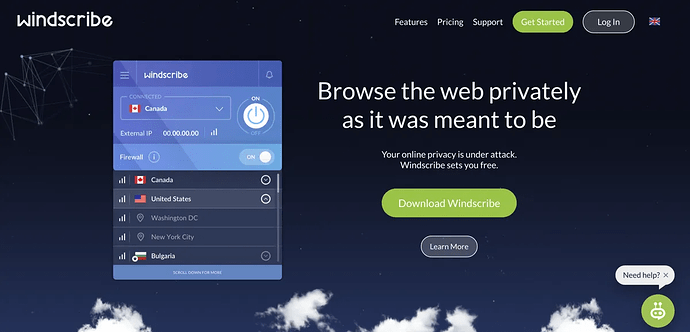Beware! No privacy.
In the fall of 2020, gig workers in Venezuela posted a series of images to online forums where they gathered to talk shop. The photos were mundane, if sometimes intimate, household scenes captured from low angles—including some you really wouldn’t want shared on the Internet.
In one particularly revealing shot, a young woman in a lavender T-shirt sits on the toilet, her shorts pulled down to mid-thigh.
The images were not taken by a person, but by development versions of iRobot’s Roomba J7 series robot vacuum. They were then sent to Scale AI, a startup that contracts workers around the world to label audio, photo, and video data used to train artificial intelligence.
They were the sorts of scenes that internet-connected devices regularly capture and send back to the cloud—though usually with stricter storage and access controls. Yet earlier this year, MIT Technology Review obtained 15 screenshots of these private photos, which had been posted to closed social media groups.
The photos vary in type and in sensitivity. The most intimate image we saw was the series of video stills featuring the young woman on the toilet, her face blocked in the lead image but unobscured in the grainy scroll of shots below. In another image, a boy who appears to be eight or nine years old, and whose face is clearly visible, is sprawled on his stomach across a hallway floor. A triangular flop of hair spills across his forehead as he stares, with apparent amusement, at the object recording him from just below eye level.
The other shots show rooms from homes around the world, some occupied by humans, one by a dog. Furniture, décor, and objects located high on the walls and ceilings are outlined by rectangular boxes and accompanied by labels like “tv,” “plant_or_flower,” and “ceiling light.” iRobot—the world’s largest vendor of robotic vacuums, which Amazon recently acquired for $1.7 billion in a pending deal—confirmed that these images were captured by its Roombas in 2020. All of them came from “special development robots with hardware and software modifications that are not and never were present on iRobot consumer products for purchase,” the company said in a statement. They were given to “paid collectors and employees” who signed written agreements acknowledging that they were sending data streams, including video, back to the company for training purposes. According to iRobot, the devices were labeled with a bright green sticker that read “video recording in progress,” and it was up to those paid data collectors to “remove anything they deem sensitive from any space the robot operates in, including children.”
In other words, by iRobot’s estimation, anyone whose photos or video appeared in the streams had agreed to let their Roombas monitor them. iRobot declined to let MIT Technology Review view the consent agreements and did not make any of its paid collectors or employees available to discuss their understanding of the terms.













